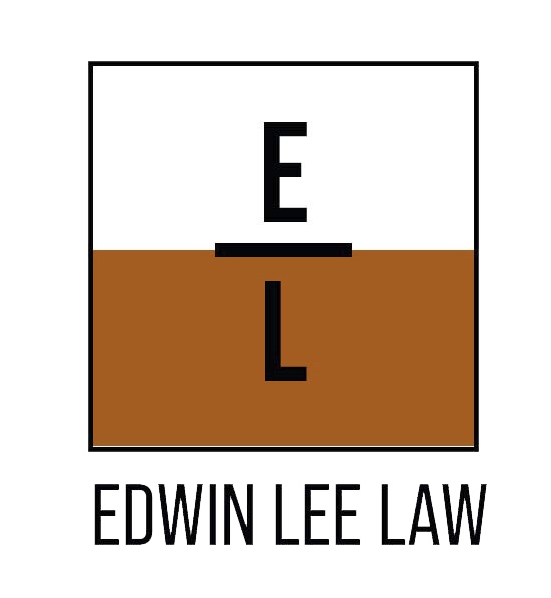The recent struggles of former talk show host Wendy Williams have brought significant attention to the complexities and potential pitfalls of guardianship arrangements.

Seniors, Let an Elder Law Attorney Help You
The elder law area encompasses a wide range of legal matters that affect older people or disabled individuals. Attorneys who practice elder law advocate for, and create legal plans to assist, seniors and their loved ones in living better lives. Elder law may include planning for retirement, Social Security, Medicare and Medicaid, long-term care planning, estate planning, guardianships, and more. This specialty of the legal profession is crucial for the well-being of the ever-increasing 65 and older American population.
According to the latest estimates from the U.S. Census Bureau, more than 54 million senior citizens live in the U.S., accounting for some 16.5 percent of the total population. This estimate is expected to grow to roughly 98 million American seniors by 2060. Attorneys who practice elder law will continue to handle the sensitive emotional, physical, and financial planning needs of the aging senior population. Estate planning is not a “set it and forget it” process as new elder law issues regarding family needs and state regulations evolve. Periodic reviews of existing documents will keep your planning up to date in an ever-changing world.
Estate Planning for Seniors
No matter the size of your estate, it can be difficult and emotional to create a comprehensive estate strategy without an elder law attorney’s legal guidance and expertise. Putting your affairs in order is a sobering task and requires more than creating a will.
Estate Planning Documents
You may require trusts for life insurance policies or other assets. You may opt to write an advance health care directive (living will, advance directive, personal directive, medical directive, or advance decision, depending on your state) to specify your medical preferences if you become incapacitated. Naming a durable medical power of attorney may also be appropriate for your situation.
If you have minor children or someone with special needs, you can make provisions for and identify a guardian to care for them. Estate planning can also include naming a durable power of attorney for the financial management of your assets and personal daily financial needs if it becomes a requirement for you.
Your estate plan may include retirement housing preferences to meet changes in living needs from independent living to assisted or long-term care and how to cover those costs. An elder law attorney can also help you navigate decision-making concerning probate and the tax implications of managing and settling your estate, including gift, income, and estate tax matters.
Social Security Benefits
Qualifying and applying for Social Security benefits can begin at 61 years and nine months of age. The current full retirement age to receive benefits is 67. If you receive disability benefits before 67 or become disabled when you reach full retirement age, your benefit structure can be complex to assess. An elder law attorney can ensure you receive the maximum benefits based on your condition.
Medicare Coverage
Medicare is a federal health insurance program available to Americans 65 and older; however, its structure can be confusing and complicated, especially during your initial enrollment. Medicare Part A covers hospitals, skilled nursing facilities, or hospice care, along with some home health care. Medicare Part B covers certain services by doctors, medical supplies, and preventative and outpatient care. Medicare Part C (Medicare Advantage Plans) are insurance plans for purchase through private companies that maintain contracts with Medicare. It covers all your Medicare Part A and B benefits. Medicare Part D specifically covers prescription medications. An elder law attorney who understands the interactions of these programs (federal and private) can advise you on the best and most cost-effective solutions for your situation.
Medicaid Benefits
This federal program provides healthcare benefits to low-income adults, pregnant women, elderly adults, children, and individuals with disabilities. Medicaid also covers custodial care, such as long-term care. Currently, more than four million American senior citizens receive Medicaid coverage. Your finances must be below specific asset and income thresholds to be eligible. An elder law attorney can help you qualify for Medicaid without spending down all of your assets so that you can provide for a spouse and protect a significant portion of your family legacy.
Long-Term Care Insurance
It is no surprise that American seniors want to live independently in their homes for as long as possible. Long-term care is expensive. However, most seniors will require some long-term care during their lifetime, whether in their home or in a nursing facility. Long-term care insurance premiums are based on age, health, and preexisting conditions. If you can afford this option, the earlier you purchase a policy, the better. However, many seniors rely on an elder law attorney to properly plan for Medicaid qualification to ensure the best financial arrangement for long-term care while protecting as much of their assets as possible.
There are other ways that an elder law attorney can advocate for seniors, including protection from employment discrimination, elder fraud or abuse, grandparents’ visitation rights, and more. When meeting with a prospective elder law attorney, be prepared with questions you find appropriate to your circumstances. Questions may include cost, how long they have been practicing elder law, and whether they have a particular area of emphasis, like special needs planning, veterans’ issues, or long-term care planning. You and your elder law attorney can create a comprehensive plan to control your level of comfort as you age.
Please contact our Houston office today or schedule a consultation to discuss your legal matters. We would be happy to help you and welcome your call.

